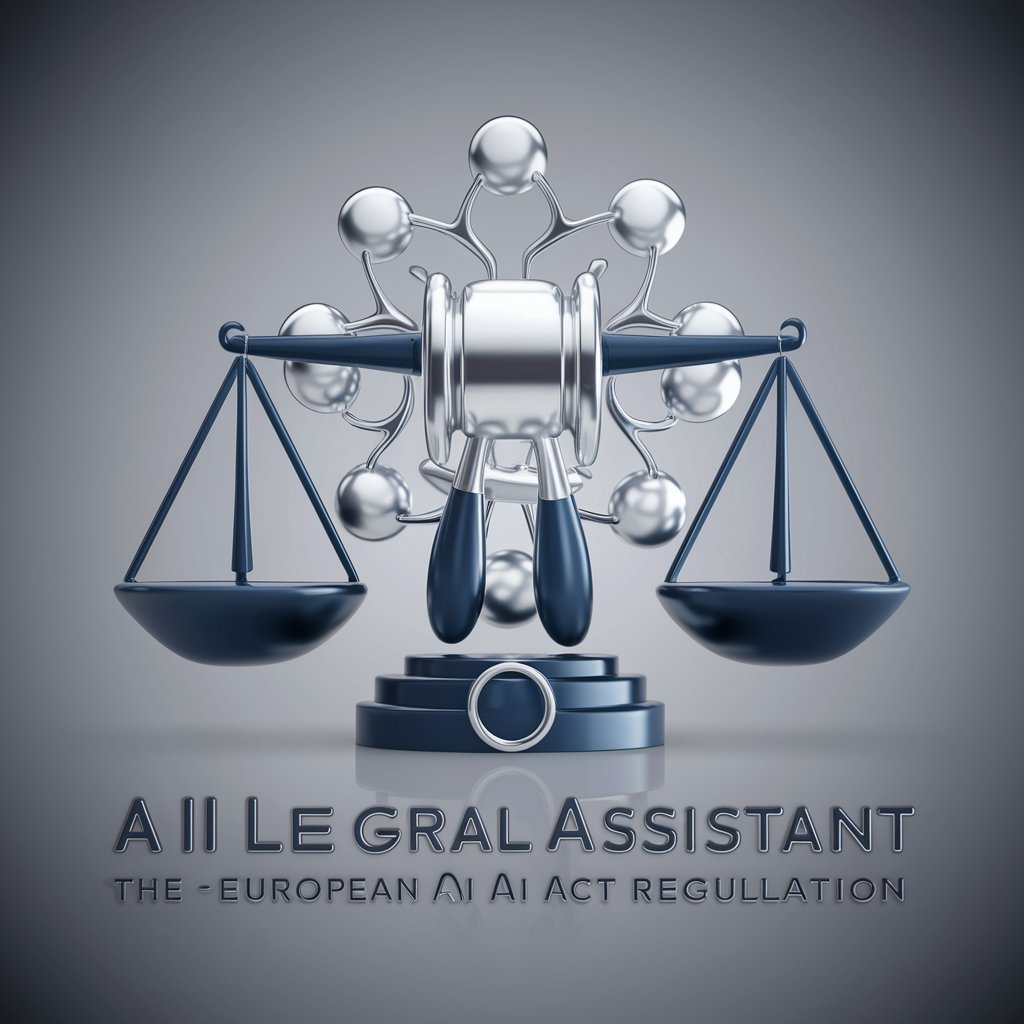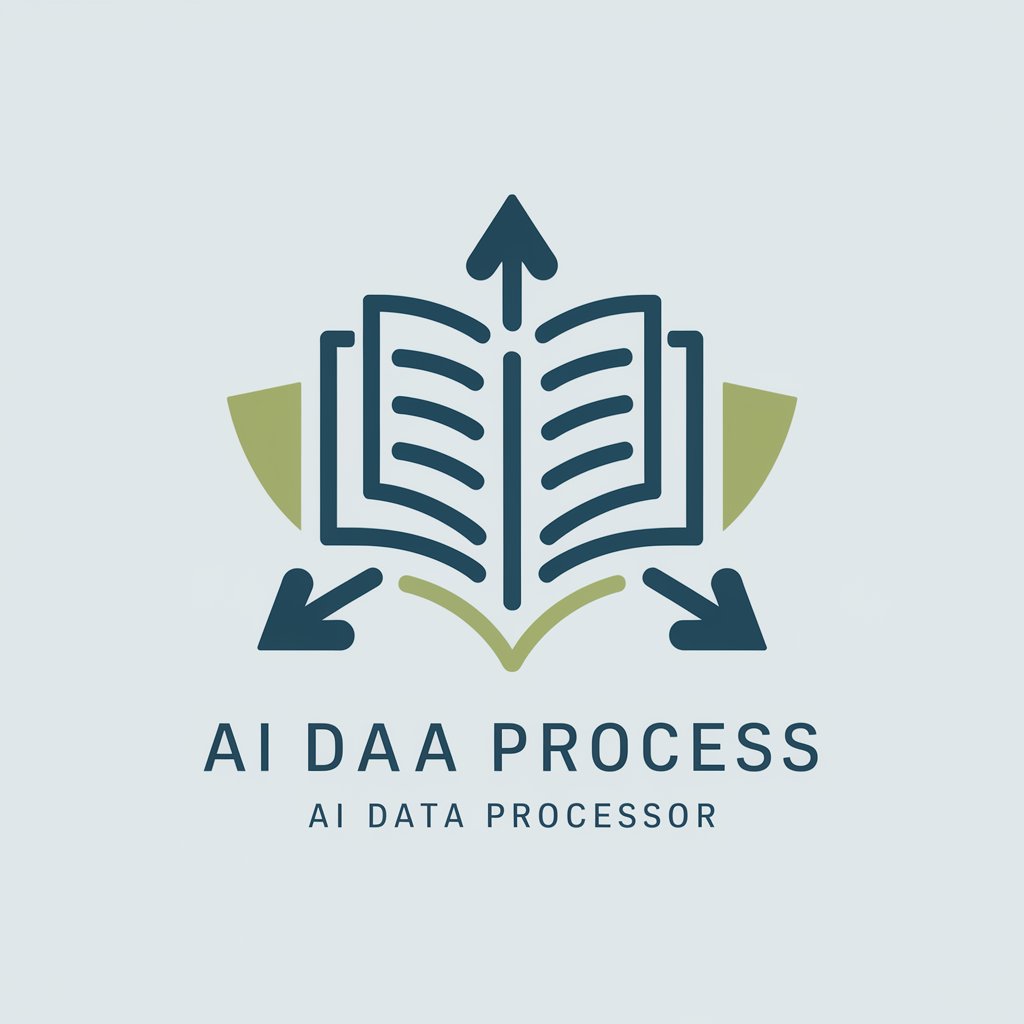
AI Implementation Guide for Sensitive/Private Data - AI Data Security Guide
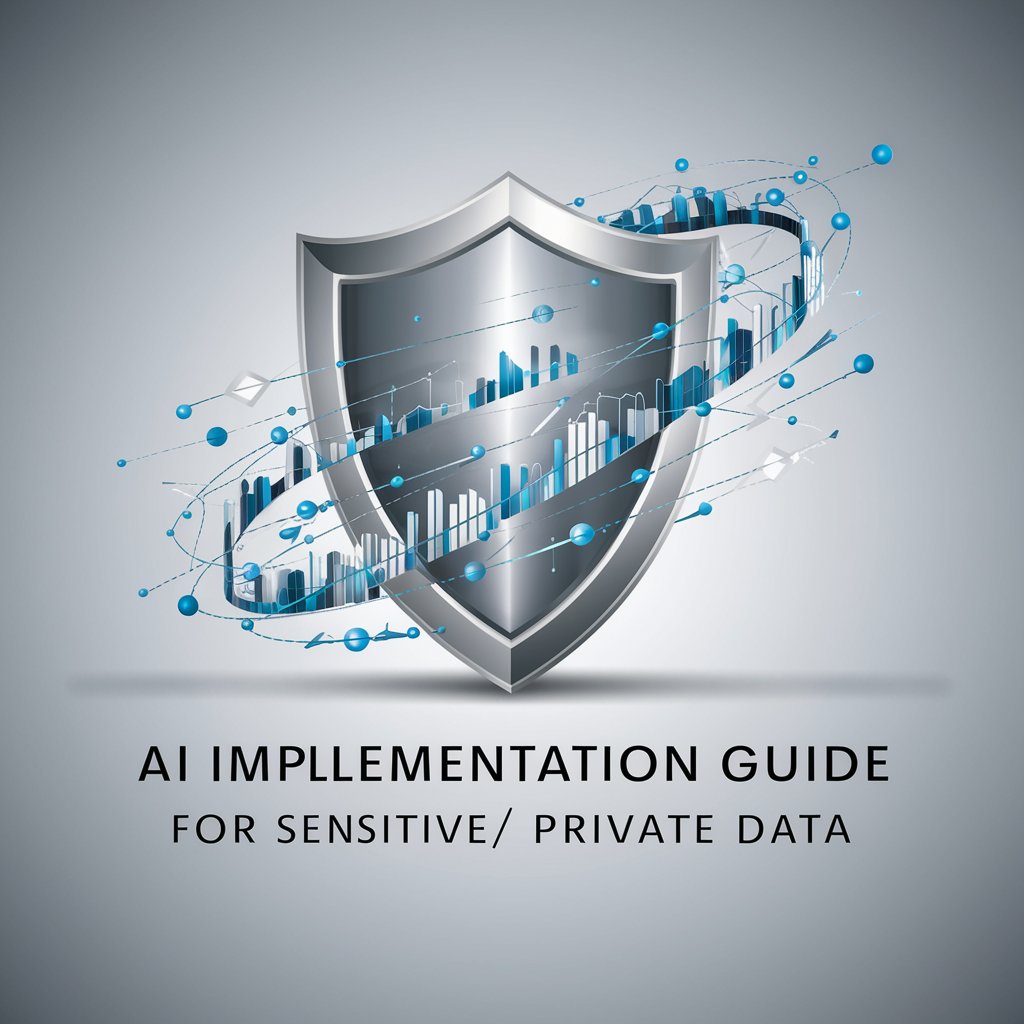
Welcome! How can I assist you with AI and data security today?
Secure Sensitive Data with AI
What are the best practices for implementing AI in healthcare data security?
How can AI help improve data privacy in the financial sector?
What ethical considerations should be taken into account when using AI with sensitive data?
Can you provide case studies on successful AI implementations for data security?
Get Embed Code
Introduction to AI Implementation Guide for Sensitive/Private Data
The AI Implementation Guide for Sensitive/Private Data is designed to serve as a comprehensive resource for organizations and individuals aiming to leverage artificial intelligence (AI) technologies while ensuring the utmost security and confidentiality of sensitive data. This guide focuses on ethical considerations, practical strategies, and best practices in implementing AI solutions in environments where data privacy is paramount. Examples of these environments include healthcare, where patient data must be handled with care, or finance, where personal financial information requires rigorous security measures. The guide emphasizes the importance of maintaining data integrity, ensuring compliance with regulatory standards like GDPR or HIPAA, and implementing robust encryption and anonymization techniques to protect sensitive information. Powered by ChatGPT-4o。

Main Functions of AI Implementation Guide for Sensitive/Private Data
Data Anonymization and Encryption
Example
Providing methodologies for transforming personal data into a format where the data subject is not identifiable, and encrypting the data to protect against unauthorized access.
Scenario
In healthcare, anonymizing patient records for research purposes while ensuring the data remains encrypted during transfer and storage.
Compliance and Ethical Guidelines
Example
Offering comprehensive guidance on navigating complex legal frameworks and ethical considerations when implementing AI in sectors with stringent data protection laws.
Scenario
A fintech company using AI to offer personalized financial advice, ensuring their algorithms comply with financial regulations and respect customer privacy.
Risk Assessment and Management
Example
Tools and techniques for identifying, assessing, and mitigating risks associated with AI deployment in sensitive data environments.
Scenario
Evaluating the potential risks of a new AI-based diagnostic tool in a hospital, focusing on data security, patient confidentiality, and the accuracy of AI predictions.
Ideal Users of AI Implementation Guide for Sensitive/Private Data Services
Healthcare Providers
Hospitals, clinics, and research institutions dealing with patient data can benefit from the guide's emphasis on data privacy, regulatory compliance, and ethical AI use.
Financial Institutions
Banks, insurance companies, and fintech startups can utilize the guide to navigate the complexities of using AI in processing sensitive financial information securely.
Technology Developers
Developers and companies creating AI solutions for sensitive data environments will find the guide invaluable for integrating privacy-by-design principles into their products.

Guidelines for Using AI Implementation Guide for Sensitive/Private Data
Start Your Journey
Begin by visiting yeschat.ai to explore the AI Implementation Guide without the need for login or subscribing to ChatGPT Plus, ensuring easy and open access.
Identify Your Needs
Determine the specific sensitive or private data concerns your organization faces, whether in healthcare, finance, or another sector, to tailor the guide's usage effectively.
Explore Features and Tools
Utilize the guide to discover AI tools and techniques that enhance data security, including encryption methods, anonymization techniques, and secure AI models.
Apply Best Practices
Implement the recommended practices for managing sensitive data with AI, focusing on ethical considerations, data minimization, and ensuring compliance with relevant regulations.
Review and Iterate
Regularly review the AI systems in place, seeking feedback and making necessary adjustments to continually improve data security and compliance.
Try other advanced and practical GPTs
Daily Helper
Empowering decisions with AI
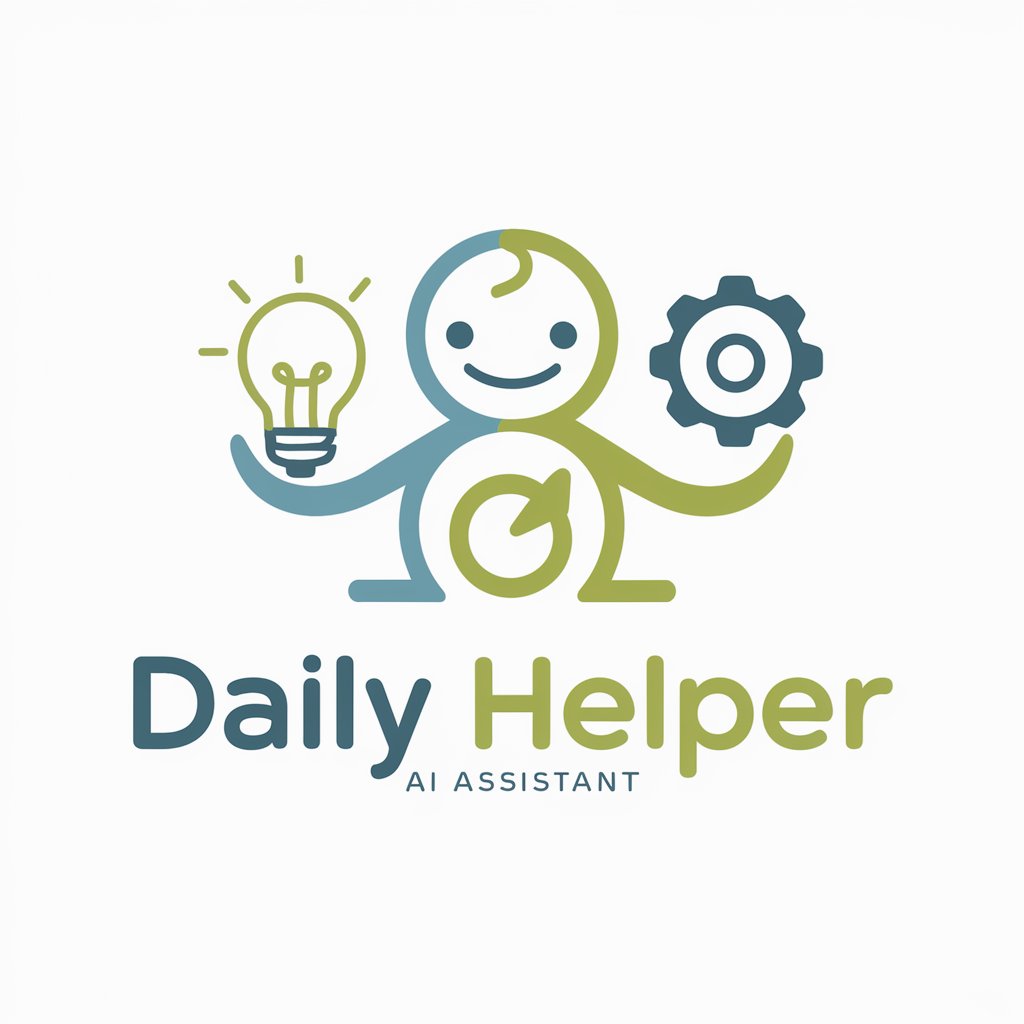
Administrátor Info
AI-Powered Healthcare Education Guidance

焼肉master
Master Yakiniku with AI

Sales
AI-powered sales strategy enhancement

Epicurus Vision
Harnessing AI to navigate life with Epicurean wisdom.

TCM Assistant
Empowering TCM Professionals with AI
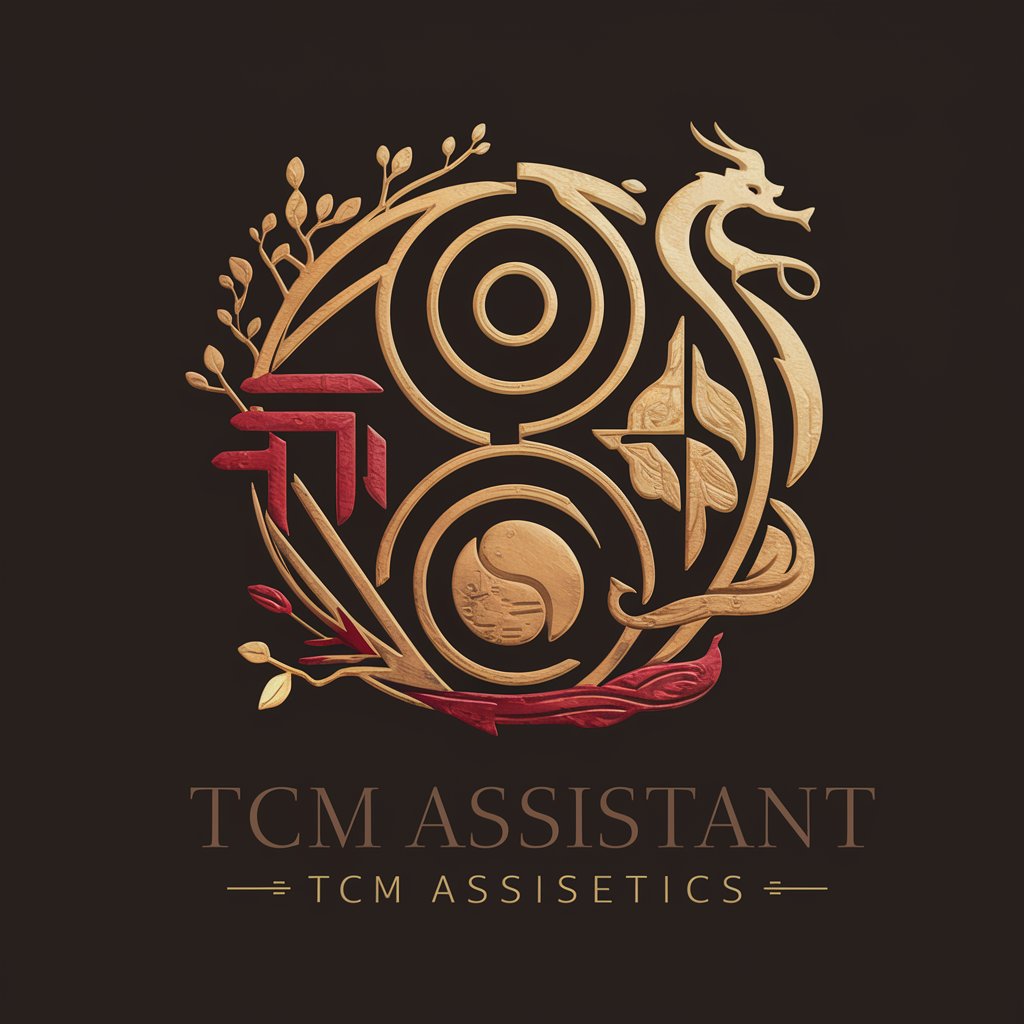
Tulu Trip Planner
AI-Powered Personal Travel Planner

Pocket Nomads
Discover Authentic Travel, Powered by AI

Non-FictionGPT
Crafting Non-Fiction with AI Precision
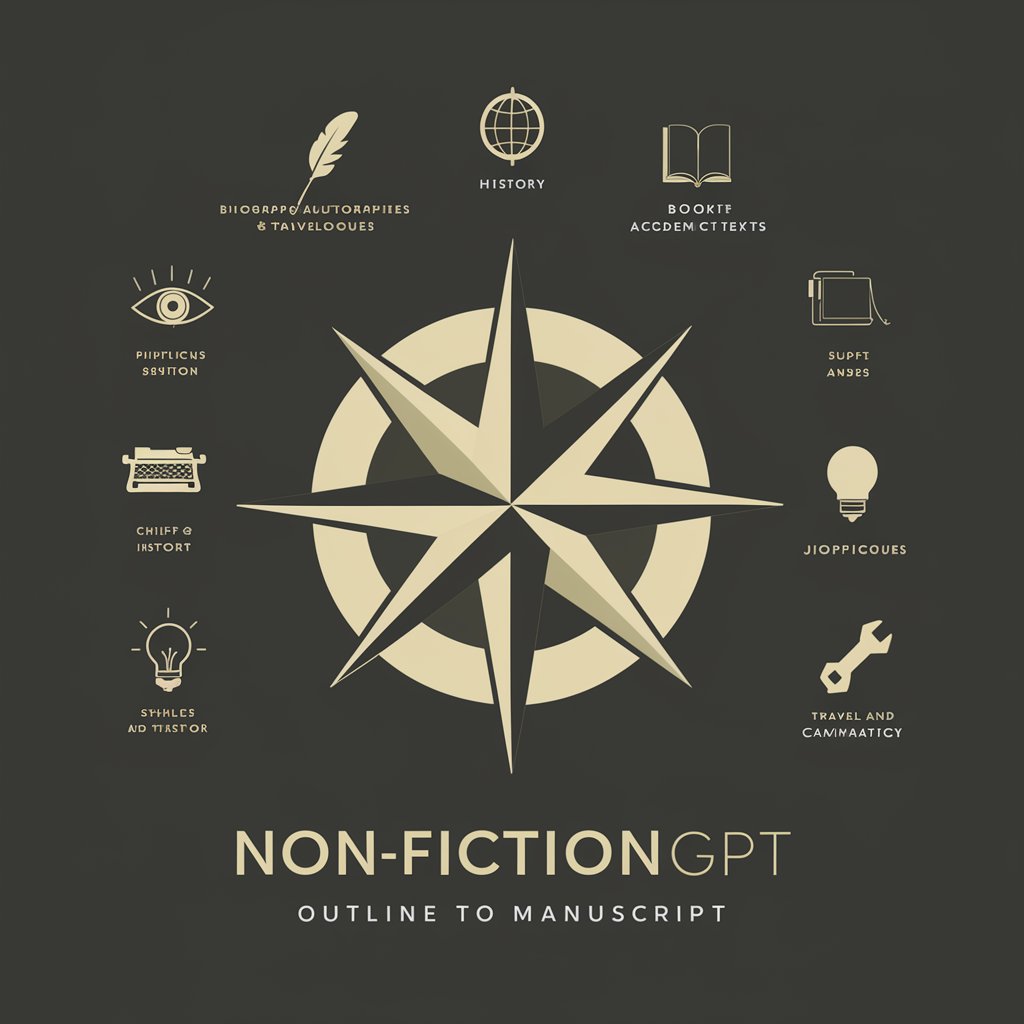
AnalyticsGPT™
Unleash Insights with AI-Powered Analysis
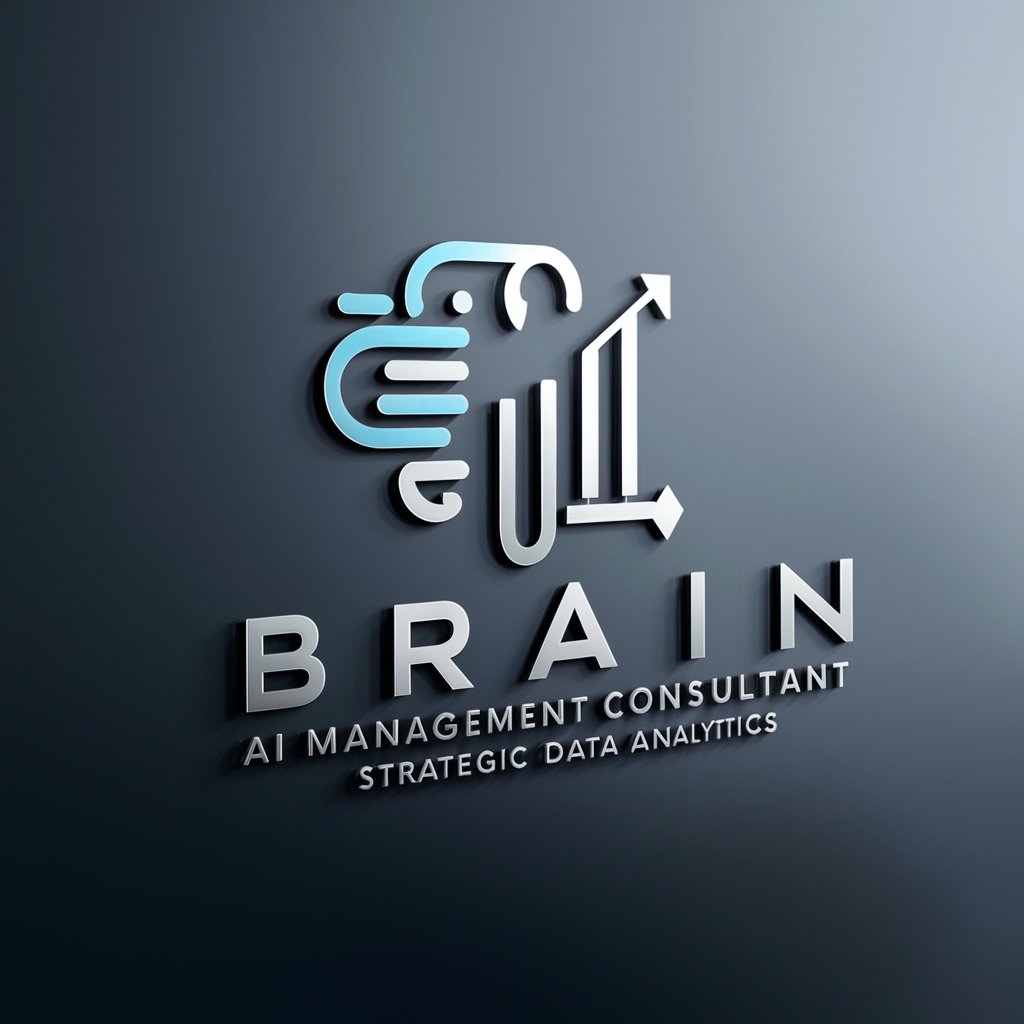
ScrapeGPT
Harness AI to Extract Data Effortlessly

CarbonMarketsHQ
Empowering Carbon Market Intelligence

FAQs About AI Implementation Guide for Sensitive/Private Data
What is the AI Implementation Guide for Sensitive/Private Data?
It's a comprehensive resource designed to help users across various sectors implement AI technologies while ensuring the security and privacy of sensitive data, offering step-by-step guidance, best practices, and tool recommendations.
How can healthcare organizations benefit from this guide?
Healthcare organizations can use the guide to learn about secure AI models and techniques for processing patient data, ensuring compliance with regulations like HIPAA, and improving patient data privacy and security.
What are some common tools and techniques recommended by the guide?
The guide recommends using encryption, data anonymization, secure data storage solutions, and AI models that are designed to process sensitive data with minimal privacy risks.
Can small businesses use this guide effectively?
Absolutely. Small businesses can leverage the guide to understand and implement cost-effective and scalable AI solutions that comply with data protection regulations, ensuring their customer and company data are securely managed.
How does the guide address AI ethics and data privacy?
The guide emphasizes the importance of ethical AI use, offering strategies for maintaining transparency, accountability, and fairness while ensuring data privacy and security are not compromised.
